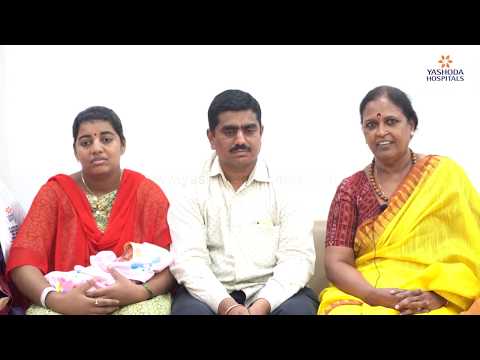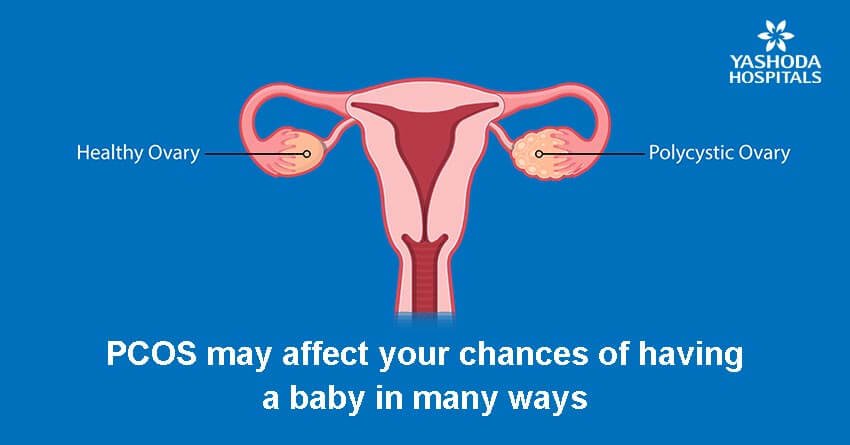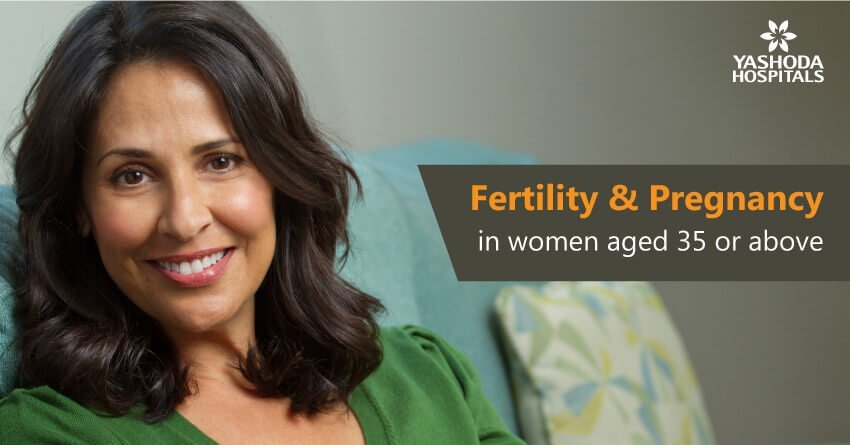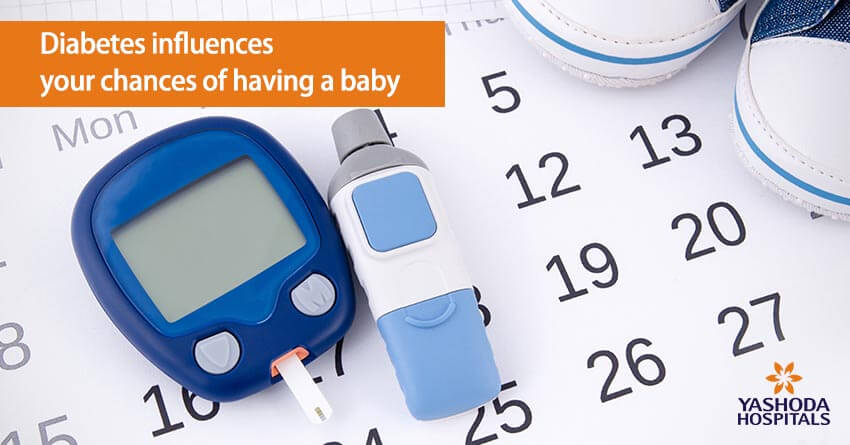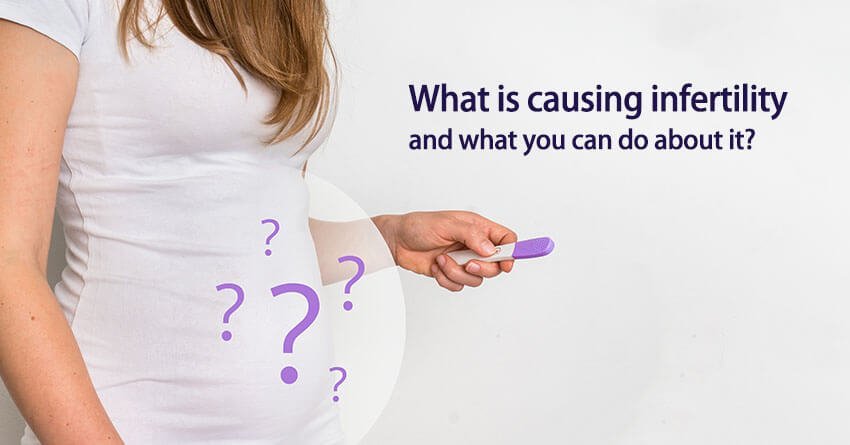Diseases And Conditions of Fertility
There are several internal as well as environmental factors that deprive a couple of conceiving and getting pregnant. These factors include problems with egg or sperm production, age, genes, smoking, alcohol consumption, or too much exposure to certain chemicals and toxins. Apart from this, there are certain diseases and conditions that can be blamed when a couple cannot conceive. Some of them are listed below.
Infertility
Infertility is defined as the inability to get pregnant even after frequent unprotected intercourse.
Symptoms: The most obvious symptom of infertility is inability to get pregnant. Sometimes, irregular or no menstruations may also be an indication. In some cases, men with infertility have been reported to have hormonal problems, such as changes in hair growth or sexual function.
Causes:
- Causes Of Infertility In Males: These include an abnormal sperm production or function, problems with the delivery of sperm, or overexposure to certain environmental factors or cancer and its treatment.
- Causes of Infertility In Females: These include ovulation disorders, uterine or cervical abnormalities, fallopian tube damage or blockage, primary ovarian insufficiency (early menopause), pelvic adhesions, or cancer and its treatment.
Risk Factors:
- The risk factors of infertility include older age, alcohol consumption, tobacco use, being overweight or underweight, and exercise issues.
Diagnosis & Treatment:
- Diagnosis For Men: These include semen analysis, hormone testing, genetic testing, testicular biopsy, imaging tests, and other specialty testing.
- Diagnosis For Women: These include ovulation testing, hysterosalpingography, ovarian reserve testing, other hormone testing, imaging tests, hysteroscopy, and laparoscopy.
- Treatment For Men: These include making lifestyle modifications, surgery, medications, and sperm retrieval.
- Treatment For Women: These include stimulating ovulation with fertility drugs, intrauterine insemination (IUI), and surgery to restore fertility to name a few procedures.
Facilities at Yashoda Hospitals Hyderabad
Yashoda Hospitals provides the best services and treatment plans to treat infertility. Facilities such as Intrauterine insemination (IUI) and In-vitro fertilization (IVF) are available in the hospital.
Polycystic Ovary Syndrome (PCOS)
Polycystic ovary syndrome (PCOS) is a hormonal disorder. In this condition, women may have infrequent or prolonged menstrual periods or increased levels of the male hormone – androgen. The ovaries with PCOS may develop several small collections of follicles and fail to release the eggs regularly.
- Symptoms: The signs and symptoms of PCOS may vary from person to person. However, the most commonly known symptoms include irregular periods, polycystic ovaries, and excess androgen.
- Causes: The exact cause of PCOS remains unknown, however, some contributing factors include the presence of excess insulin, low-grade inflammation, heredity, and excess levels of androgen.
- Complications: The major complications of PCOS include infertility, gestational diabetes, miscarriage, premature birth, metabolic syndrome, Type 2 diabetes or prediabetes, sleep apnea, depression, anxiety and eating disorders, abnormal uterine bleeding, and endometrial cancer.
- Diagnosis & Treatment: There’s no test to definitively diagnose PCOS, but doctors may recommend a pelvic exam, blood test, or an ultrasound. Treatment methods include lifestyle changes, medication, and weight management.
FAQs
1. What are the symptoms of PCOS?
Some of the most common symptoms indicating PCOS include irregular or no periods at all, excessive hair growth on the face, chest, back or buttocks, hair loss from the head, oily skin, acne, and weight gain.
2. What are the causes of PCOS?
The exact reason or causes of PCOS are unknown. However, insulin resistance, hormonal imbalance, and genetic factors are said to play a major role.
3. What is the difference between PCOS and PCOD?
Polycystic ovary syndrome (PCOS) and polycystic ovary disease (PCOD) is often mistaken to be the same, but they are two different conditions. PCOS is a disorder of the endocrine system, while PCOD is a condition that is the result of abnormal hormone productions.
4. What are the symptoms of endometriosis?
The most common symptoms of endometriosis include painful periods, pain during intercourse, pain during bowel movements or urination, excessive menstrual bleeding, infertility, fatigue, diarrhea, constipation, bloating, and nausea, especially during periods.
Patient Testimonials For Fertility








